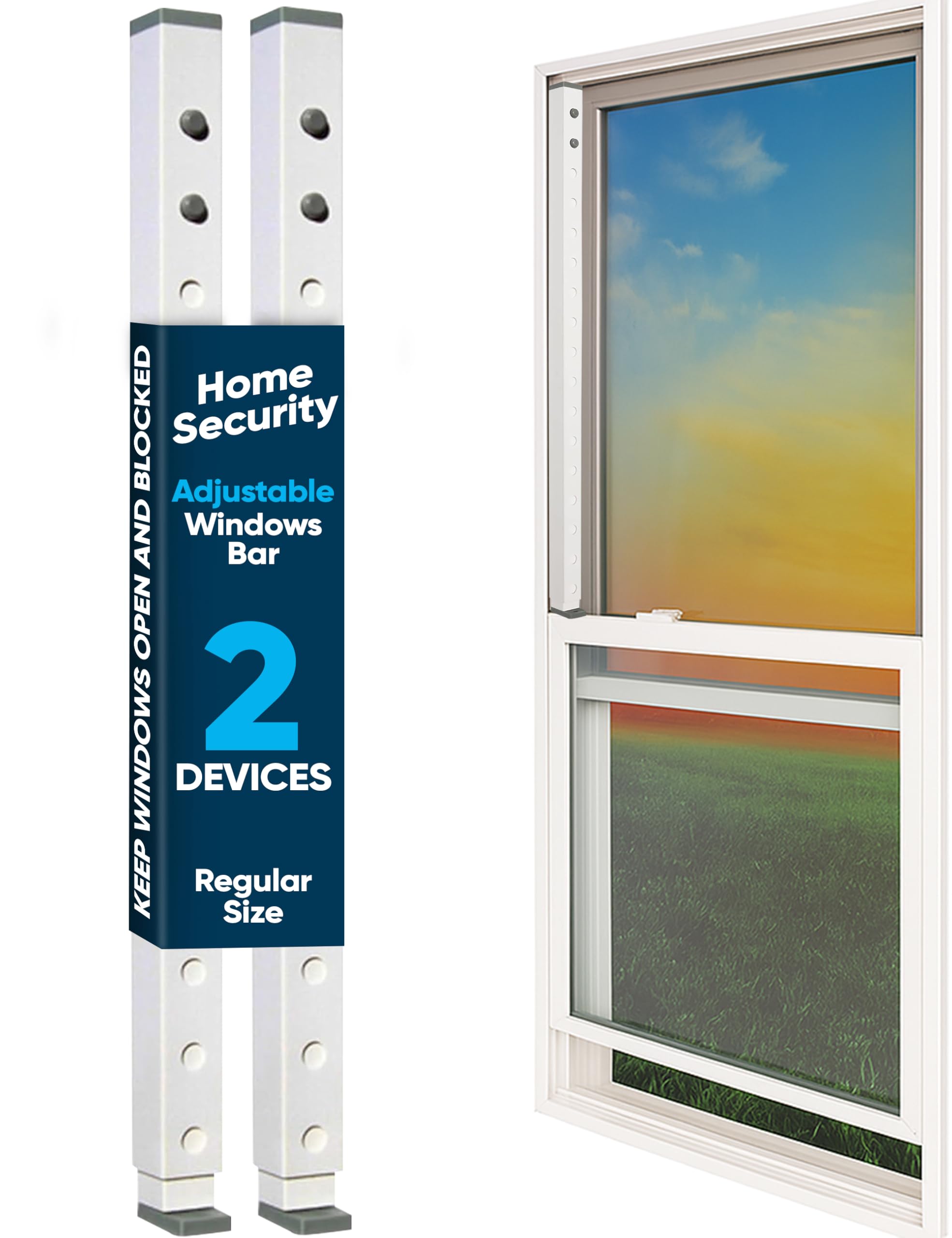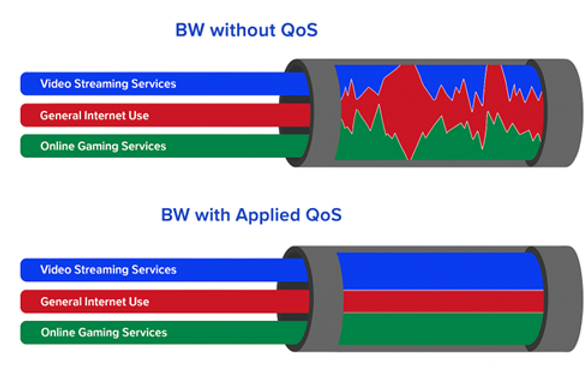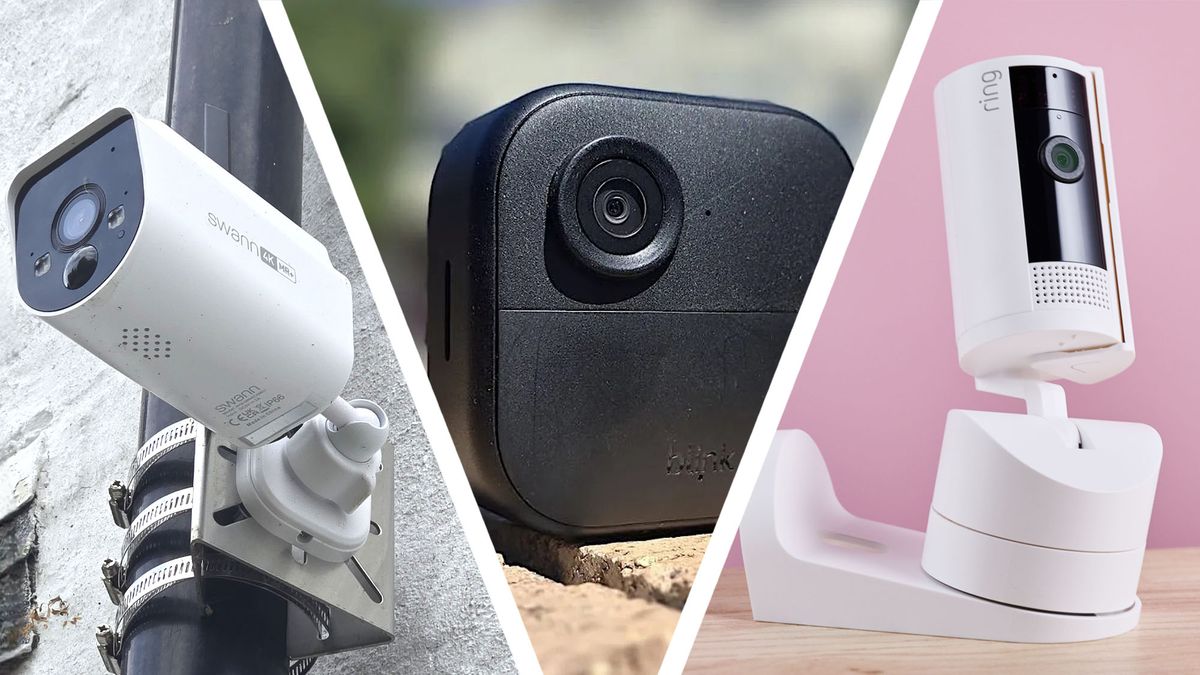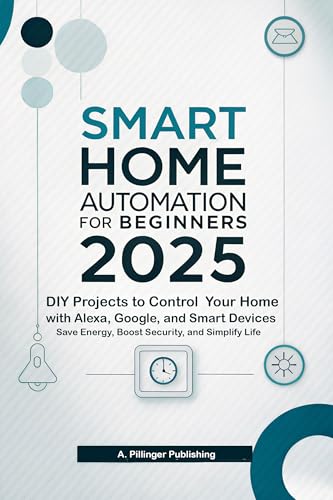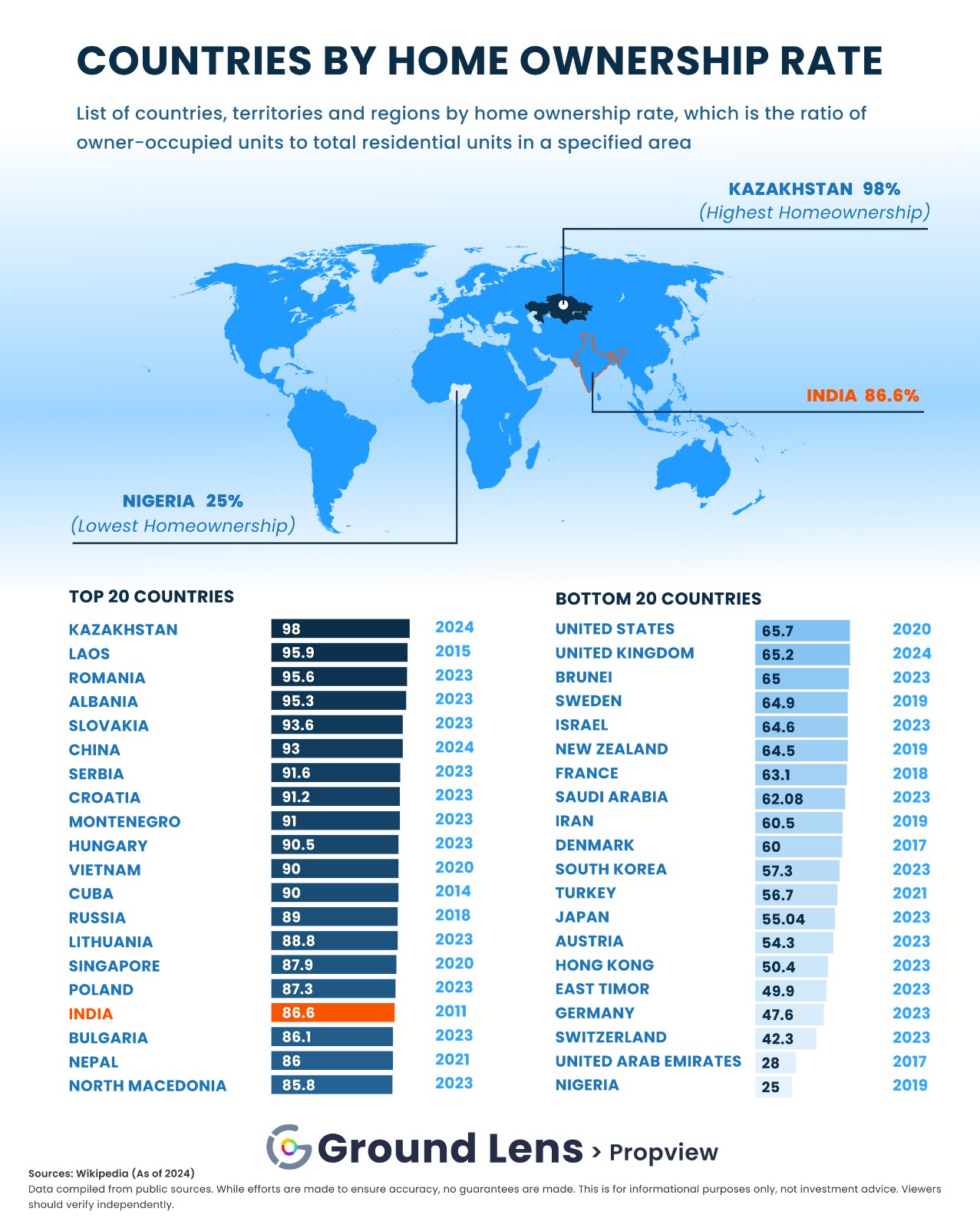Why Your Smart Home Needs a Smart Router
Your smart home is only as good as your network. Every connected device—from smart bulbs and cameras to thermostats and voice assistants—relies on a stable, fast, and secure Wi-Fi connection.
A weak router can result in:
-
Laggy responses from smart assistants
-
Dropped connections on smart cameras
-
Slow automation and delayed schedules
In 2025, the best smart home routers are more than Wi-Fi providers—they are the backbone of your automation system. With Wi-Fi 6E and Wi-Fi 7, mesh technology, and Matter compatibility, modern routers allow hundreds of devices to coexist seamlessly.
This guide will cover:
-
How to choose a smart home router
-
Best routers of 2025
-
Comparison of features
-
Expert buying tips and FAQs
What Makes a Router “Smart Home Ready”?
Before you purchase, consider these key factors:
1. Wi-Fi Standards
-
Wi-Fi 6 / 6E: Handles multiple devices efficiently and improves coverage.
-
Wi-Fi 7: Ultra-fast speeds, ultra-low latency, and future-proofing.
2. Device Capacity
Smart homes can have 50–100+ devices. Routers with MU-MIMO and OFDMA technology manage traffic efficiently.
3. Mesh Networking
Mesh routers eliminate dead zones in multi-story homes, ensuring every smart device works flawlessly.
4. Ecosystem Compatibility
Ensure your router supports Alexa, Google Home, Matter, Thread, or Zigbee for seamless automation.
5. Security Features
Look for WPA3 encryption, automatic firmware updates, and guest networks to secure IoT devices.
6. Ease of Setup
Modern routers often feature app-based setup with guided installation for beginners.
Top Smart Home Routers of 2025

Here’s a list of the best routers currently available on Amazon, optimized for smart homes:smart home router
1. Amazon Eero Pro 7 (Wi-Fi 7 Mesh)
✅ Why It’s Great:
-
Built-in Matter, Thread, and Zigbee hub
-
Wi-Fi 7 speeds for low latency and multi-device use
-
Alexa integration
-
Covers up to 6,000 sq. ft.
Pros: Seamless automation, scalable mesh system
Cons: Subscription required for some advanced features
2. TP-Link Archer BE550 (Wi-Fi 7 Router)
✅ Why It’s Great:
-
Tri-band Wi-Fi with speeds up to 9.3 Gbps smart home router
-
2.5G WAN/LAN ports for wired hubs
-
HomeShield security features
Pros: High-speed performance, future-proof
Cons: Expensive
3. Google Nest Wi-Fi Pro (Wi-Fi 6E Mesh)
✅ Why It’s Great:
-
Seamless Matter and Google Home support
-
Easy setup with app-based control
-
Reliable for medium-to-large homes
Pros: User-friendly, strong integration with Google ecosystem smart home router
Cons: Limited Ethernet ports
4. Netgear Orbi RBK752 (Wi-Fi 6 Mesh)
✅ Why It’s Great:
-
Tri-band mesh coverage up to 5,000 sq. ft.
-
Handles 40+ smart devices simultaneously
-
App-based monitoring and parental controls
Pros: Large coverage, strong multi-device handling
Cons: Bulky mesh nodes
5. ASUS RT-AX86U (Wi-Fi 6 Router)
✅ Why It’s Great:
-
Dual-band router with AiMesh for expandability
-
VPN support, QoS, and robust security
-
Excellent for gaming and smart automation
Pros: Powerful performance and customizable
Cons: Setup may be complex for beginners
6. Netgear Orbi 970 (Wi-Fi 7 Mesh)
✅ Why It’s Great:
-
Tri-band Wi-Fi 7 with ultra-low latency
-
Handles high-speed streaming, gaming, and smart devices smart home router
-
Advanced traffic management
Pros: Ideal for large smart homes
Cons: Premium price
7. Google Nest Wi-Fi Pro 2 (Wi-Fi 6E Mesh)
✅ Why It’s Great:
-
Budget-friendly, Matter-enabled smart home router
-
Automatic optimization for connected devices
-
Easy integration with Google Home ecosystem
Pros: Simple setup, affordable
Cons: Single Ethernet port per unit
Router Feature Comparison Table
| Router | Wi-Fi Standard | Best For | Smart Home Features | Coverage |
|---|---|---|---|---|
| Eero Pro 7 | Wi-Fi 7 Mesh | Alexa + Matter users | Built-in hub, scalable mesh | 6,000 sq. ft. |
| TP-Link BE550 | Wi-Fi 7 | High-speed & future-proof | Advanced ports & security | 3,500 sq. ft. |
| Nest Wi-Fi Pro | Wi-Fi 6E Mesh | Google Home | Matter support, easy setup | 4,400 sq. ft. |
| Orbi RBK752 | Wi-Fi 6 Mesh | Large homes | Multi-device management | 5,000 sq. ft. |
| ASUS RT-AX86U | Wi-Fi 6 | Gamers & automation | VPN, AiMesh, QoS | 3,000 sq. ft. |
| Orbi 970 | Wi-Fi 7 Mesh | Premium automation | Ultra-fast, low-latency | 5,500 sq. ft. |
| Nest Wi-Fi Pro 2 | Wi-Fi 6E Mesh | Budget-friendly | Matter-ready | 4,000 sq. ft. |
How to Choose the Best Smart Home Router
-
Number of Devices: Choose a router that handles your total smart devices plus extra for future growth.
-
Home Size: Mesh routers for multi-floor homes; standalone routers for apartments or smaller houses.
-
Ecosystem Compatibility: Alexa, Google Home, or Matter support is crucial for smooth automation.
-
Budget: Wi-Fi 7 routers are premium; Wi-Fi 6E options offer a balance of performance and cost.
-
Security: WPA3, guest networks, and automatic updates protect your IoT devices. smart home router
Seasonal Deals & Buying Tips
-
Prime Day: Expect discounts on Eero and TP-Link Wi-Fi 7 routers.
-
Black Friday / Cyber Monday: Look for deals on Nest Wi-Fi Pro and Orbi systems.
-
Holiday Bundles: Router + smart plugs or bulbs bundles make perfect gifts.
FAQs – Smart Home Routers
Q1: Is Wi-Fi 7 necessary for smart homes?
Wi-Fi 7 is future-proof but Wi-Fi 6E is sufficient for most automation setups today.
Q2: Should I choose a mesh router?
Yes. For multi-story homes or large areas, mesh ensures seamless coverage. smart home router
Q3: Which routers support Matter and Thread?
Eero Pro 7, Google Nest Wi-Fi Pro, and Nest Wi-Fi Pro 2 support modern smart home standards.
Q4: How many devices can modern routers handle?
High-end smart routers can handle 50–100+ devices, perfect for full smart home setups.
Q5: Which router is best for voice assistants?
-
Alexa: Eero Pro 7
-
Google Home: Nest Wi-Fi Pro
9 min read



